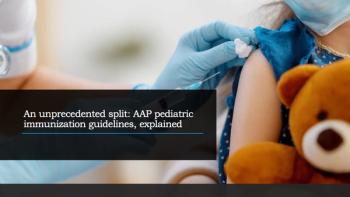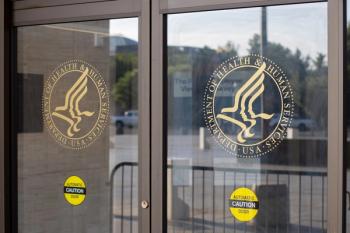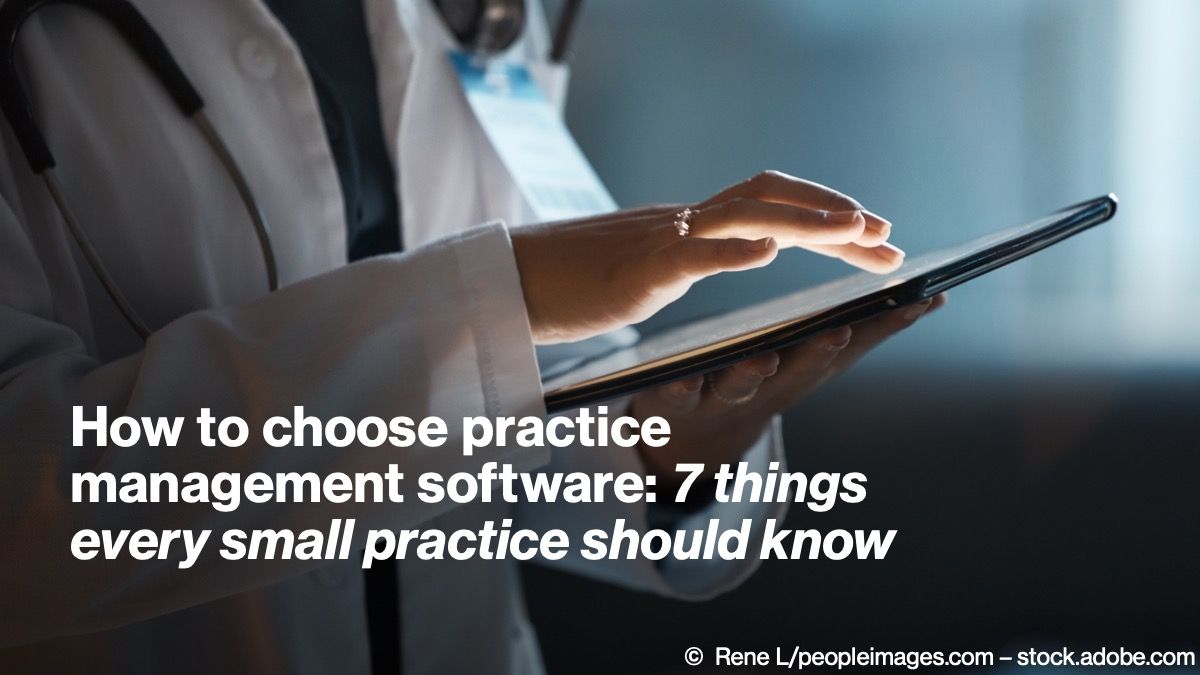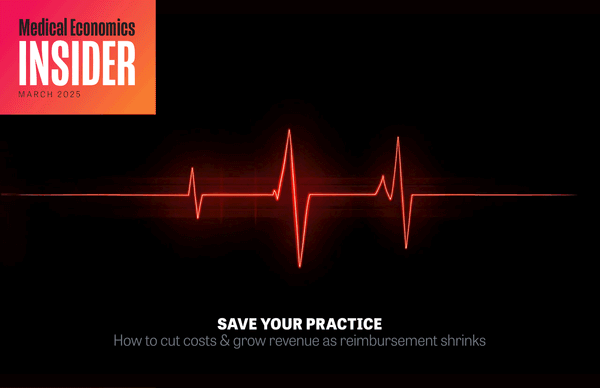
Practice Management
Latest News
Latest Videos

CME Content
More News

Rapid technology advancements is creating gaps ICD-10 codes can’t fill

Drexel University research shows simple changes could make primary care visits more welcoming and less stressful for patients.

Discover how strategic tax planning can transform your medical practice into a powerful investment vehicle.

‘Precedents thinking’ and what other businesses have to teach health care about cutting administrative burdens.

Nearly all small health care organizations believe they’re HIPAA compliant, but most face major cybersecurity risks and possible penalties, a Paubox study warns.

Patients in value-based care practices were nearly 28% more likely to receive full guideline-directed therapy.

Private practices can use automation to close care gaps, improve outcomes, and deepen patient trust

‘Precedents thinking’ and what other businesses have to teach health care about cutting administrative burdens.

AI and social media now rival referrals and review sites in shaping patient choice.

Appointment management doesn’t have to be a pain. These strategies help practices run on time, every time.

Bridging gaps to renew trust and deliver quality care

Pilots at Mass General Brigham and Emory Healthcare show significant reductions in documentation burnout.

Nalu Medical unveils a compact wearable device for chronic pain therapy, enhancing comfort and expanding treatment options for patients with peripheral nerve stimulation.

‘Precedents thinking’ and what other businesses have to teach health care about cutting administrative burdens.

Doctors say they can recognize and counter falsehoods, but do they really?

Leading pediatrics group urges protection for infants as RFK Jr. escalates feud over vaccine policy.

Leading pediatrics group urges protection for infants as RFK Jr. escalates feud over vaccine policy.

The strategies used by successful community banks to attract and retain customers offer valuable lessons for health care providers aiming to expand their patient base and grow sustainably.

The trust between physicians and patients extends to the handling of medical records.

‘Precedents thinking’ and what other businesses have to teach health care about cutting administrative burdens.

Measles data reveals critical blind spots in public health reporting, highlighting the urgent need for transparent, localized health information.

Researchers say values-driven listening can strengthen patient trust, improve care and reduce burnout across health systems.


New JAMA research undercuts Kennedy’s rationale for dismissing CDC vaccine panel.

A bipartisan proposal could bring needed relief for immigrant workers and physicians.











